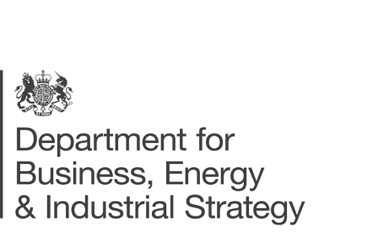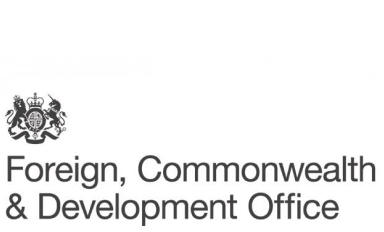Digital Information Management is covered within Article 43 and Annex I.9 of the latest version of the Public Contracts code.
https://www.bosettiegatti.eu/info/norme/statali/2023_0036.htm#043
Suite of national standards to be used in conjuntion with conjunction with international standards such as ISO 19650 and ISO 16739
DIHCUBE, Digital Italian Hub for Construction and Built Environment is the Italian hub for innovation in the construction world which aims to increase the levels of digitalisation of the sector through services aimed at the entire supply chain. The DIHCUBE hub, co-financed by the European Commission, is made up of a team of 12 partners able to offer services and consultancy to: small and medium-sized enterprises, public administration, professionals and materials producers.
This, relating to the year 2022, is the sixth analytical report produced by OICE on public tenders for the awarding of architectural and engineering services (S.A.I.) which involve the use of BIM methodologies or, better said, the electronic modeling of the design phase.
https://www.oice.it/800451/2023-oice-6-rapporto-gare-bim-2022
ISO 19650 is the prominent global standard for the implementation of BIM, focusing on the collaborative process integral to the entire life cycle of constructed assets. Developed and published by the International Organization for Standardization (ISO), this standard serves as a comprehensive framework for managing information from the conception of a project, through construction and operation to its eventual decommissioning. The development and publication of ISO 19650 highlights the commitment of international standards bodies to creating a consistent and efficient approach to BIM implementation on a global scale.
ISO 19650 is a multi-part standard. Part 1 delineates fundamental concepts and principles, while Part 2 provides practical guidance for information management throughout the project life cycle. The scalability of ISO 19650 allows organizations to tailor its application to the specific needs and intricacies of their projects. As an internationally recognized standard, ISO 19650 reflects the collaborative efforts of standards bodies to enhance global construction industry practices. Throughout this process, transparency, collaboration, and consensus-building are key principles. ISO standards, including ISO 19650, are developed with input from experts and stakeholders worldwide to ensure that they reflect a global consensus on best practices.
A country might choose to adopt ISO 19650 for several reasons, all of which contribute to the standard’s potential benefits in enhancing the efficiency and effectiveness of construction and infrastructure projects. Some of the reasons why a country might decide to adopt ISO 19650:
- Global standardisation of processes
- Support interoperability and collaboration
- Consider a quality assured approach to information management
- Competitive advantage and potential for cross boarder trade
- Improved project delivery outcomes
In summary, the adoption of ISO 19650 by a country can bring about international alignment, improved collaboration, risk reduction, and enhanced competitiveness in the construction industry, ultimately contributing to more successful and sustainable infrastructure development. Countries will usually adopt ISO 19650 by publishing a national annex to the standard.
#SPILL!
IBIMI is an association of professionals who aim to spread the digitalisation methods and professionalism of the international construction industry in Italy. BIM (Building Information Modelling) was introduced in public works in Italy with the Law 50/2016, based on the European Directive 24/2014. By 2025 all public works in Italy will have to be planned, executed and managed through BIM.
The association is a national and international reference point for the promotion of Open BIM is the ability of all professionals involved in the design, construction, management, maintenance and disposal of a building and civil infrastructure, to integrate with each other. This will allow the sharing and exchange of technical data through the use of interoperable software based on international standards.


